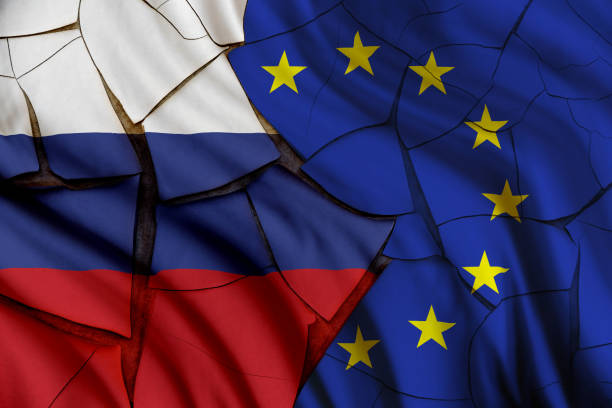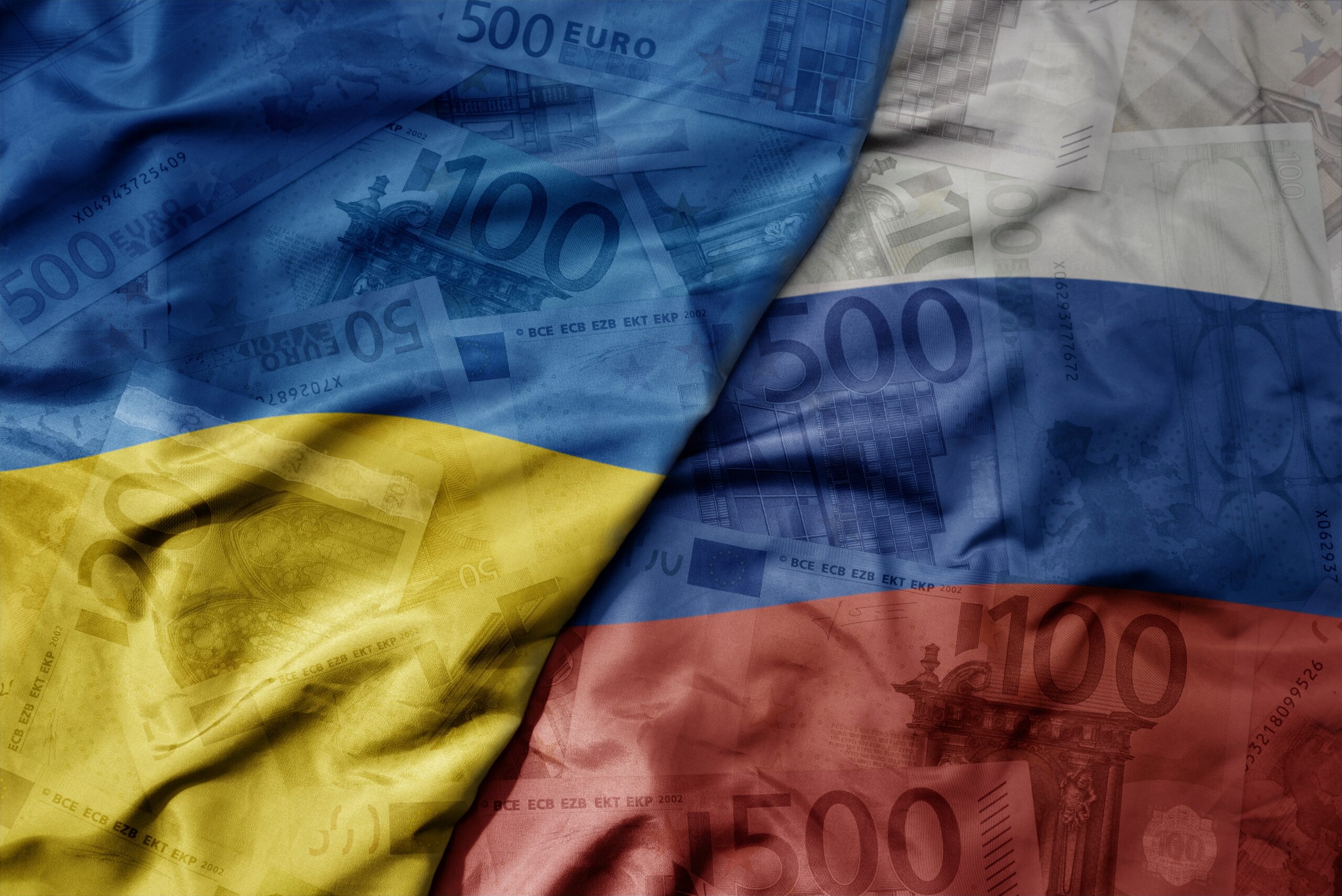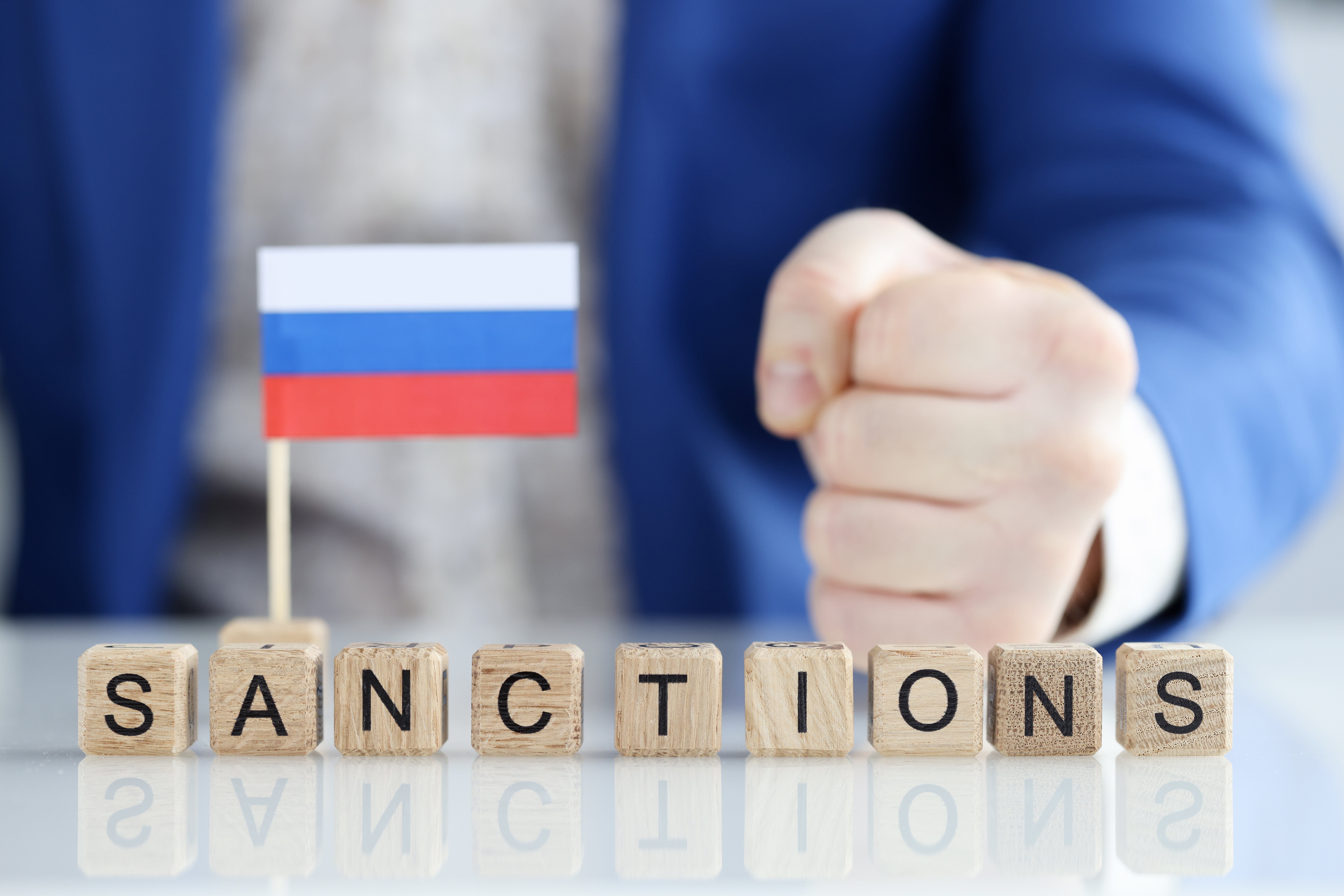On the 24th April 2024, the EU Council adopted Directive (EU) 2024/1226 (the “Directive”), through which it introduced a number of criminal offences relating to violation of EU restrictive measures. It also includes provisions aiming to harmonize the penalties to be imposed for violations across all Member States. The Directive entered into force on 19th May 2024.
Criminal Offences under the Directive
Article 3 of the Directive criminalises the following intentionally committed offences:
- making funds or economic resources available to designated persons, entities or bodies, either directly or indirectly, and failing to freeze such funds or economic resources;
- enabling designated persons to enter into the territory of a Member State or transit through the territory of a Member State;
- providing financial services or activities which are prohibited or restricted, or any other prohibited or restricted services;
- entering into transactions with third countries or entities associated with third countries, in contravention of EU sanctions laws;
- trading, importing, exporting, selling, purchasing, transferring, transiting or transporting of goods, as well as providing brokering services, technical assistance or other services relating to those goods which are prohibited or restricted;
- circumventing restrictive measures in various ways, such as concealing the true ownership of funds that should be frozen by providing false or misleading information as to their ownership, or by failing to comply with reporting obligations to competent authorities;
- breaching or failing to fulfil conditions under authorizations granted by competent authorities.
Article 4 of the Directive makes it a criminal offence to incite, aid and abet the commission of an offence referred to in Article 3.
Penalties for violating EU Restrictive Measures
The Directive requires EU Member States to ensure that the penalties for offenses committed under Articles 3 and 4 are effective, proportionate and dissuasive.
For natural persons, a prison sentence may be imposed for a maximum of 5 years, as well as a number of related criminal and non-criminal penalties, such as fines, disqualification from holding senior positions in companies, withdrawal of permits and authorisations, etc.
Criminal liability may also be imposed on legal persons, where offences are committed for their benefit by any person holding a senior position within that legal person. The penalties for legal persons are usually imposed as a fine, the amount of which shall be proportionate to the gravity of the conduct and to the individual, financial and other circumstances of the legal person concerned. EU Member States can also designate additional criminal or non-criminal penalties, for example, disqualification from the practice of business activities, judicial winding-up, etc.
The Directive also contains provisions regarding aggravating and mitigating factors to be considered when imposing a penalty. A limitation period of 5 years is applied where the maximum prison sentence of 5 years is sought, and in all other cases, Member States may impose a limitation period between 3 and 5 years. In all, these measures aim to create a consistent approach across Member States, to closing existing gaps in the legal framework and increase the deterrent effect of violating EU sanctions.
We, at MK Compliance Limited, understand the importance of staying informed regarding sanctions updates, in order to successfully identify and manage sanctions risks, and thus safeguard the operations of your business.
Our team can provide daily/weekly/monthly updates on sanctions, AML regulatory developments, and related news. These updates ensure that you are informed about the latest regulatory changes, including the designation of individuals, entities, vessels, and aircrafts under sanctions regulations, and therefore ensuring compliance, which is essential given the ever-changing and complex nature of sanctions.
Contact us at info@compliancemk.com to learn more about how we can support your organisation’s compliance efforts.




